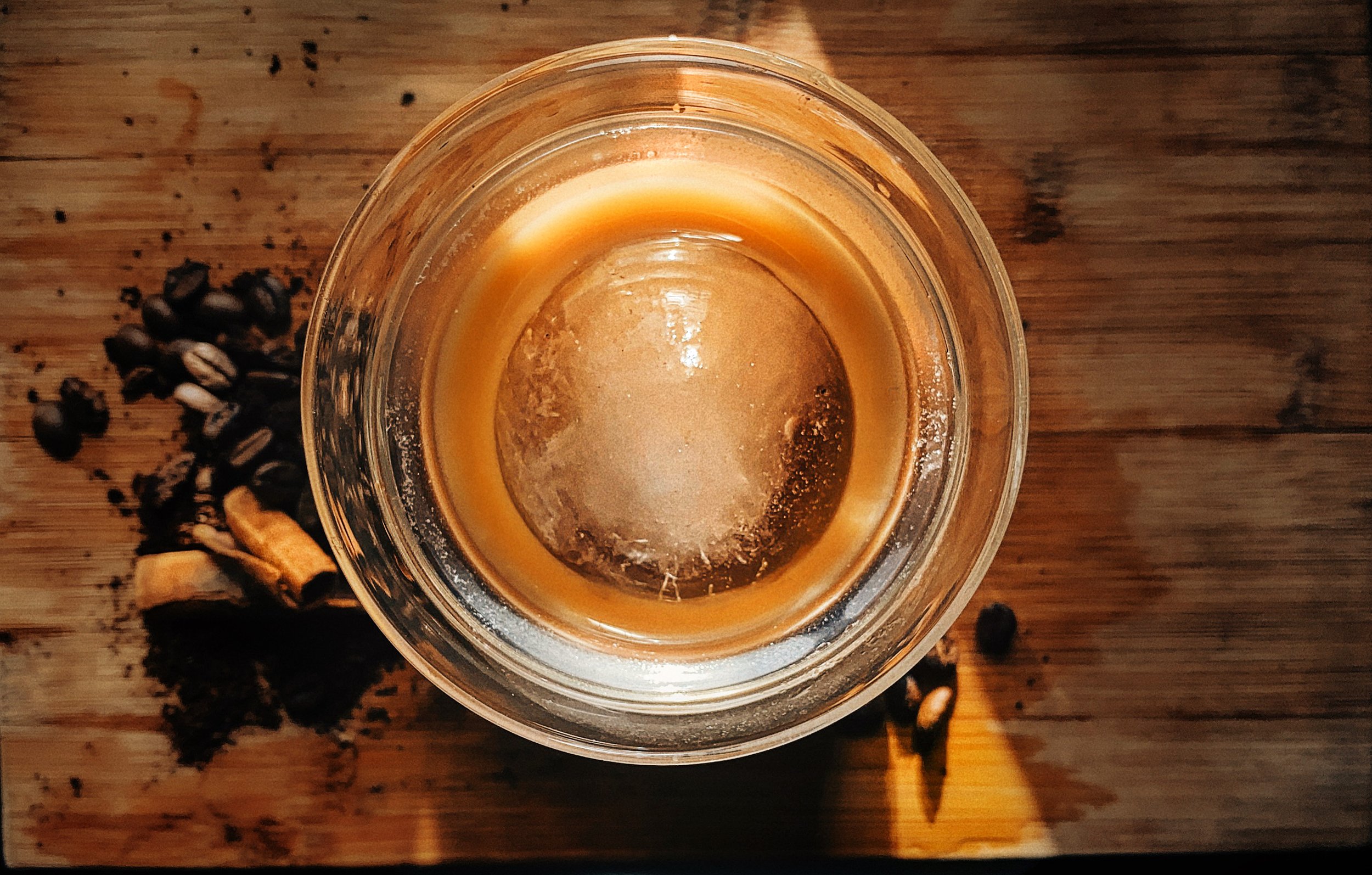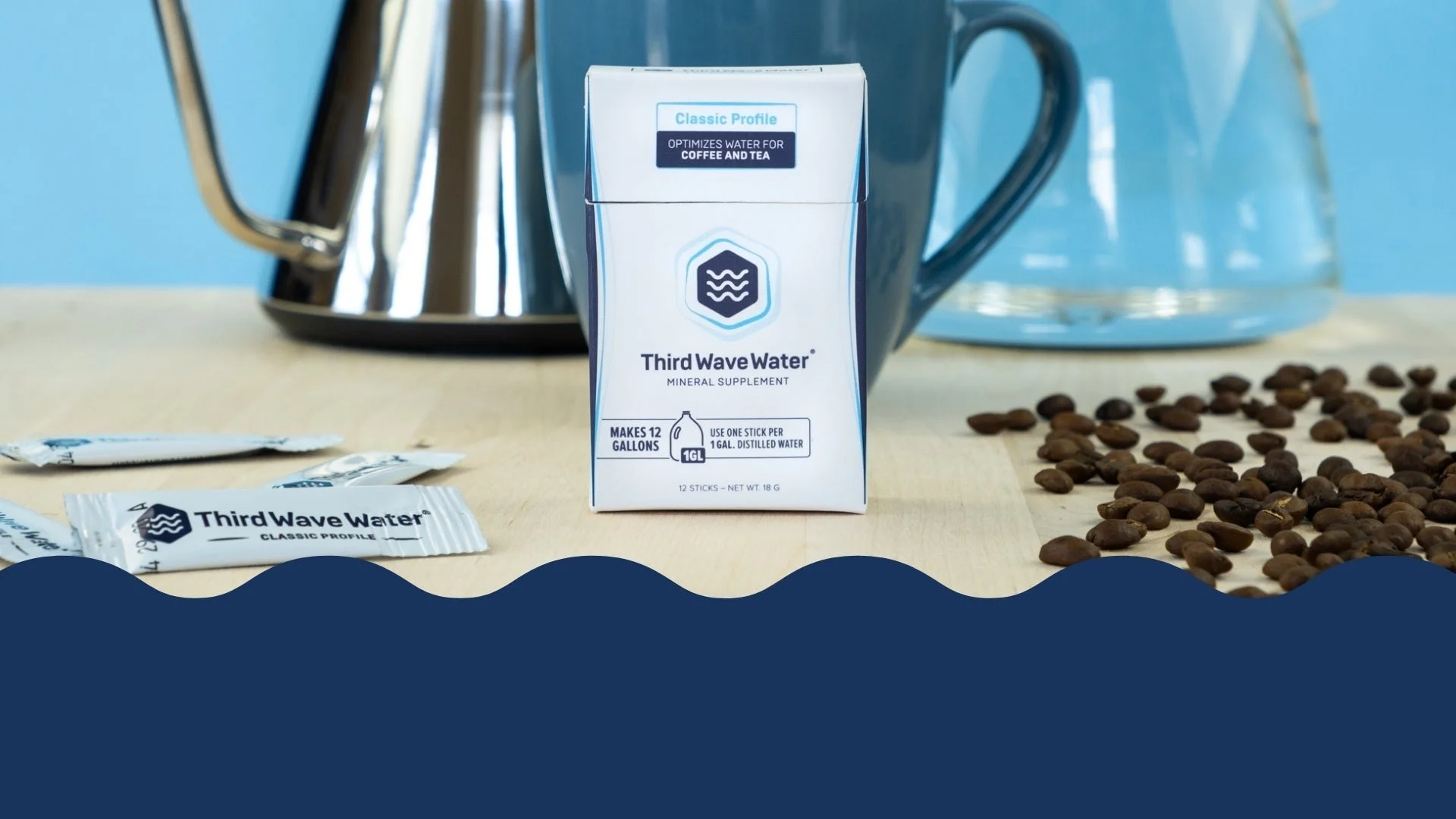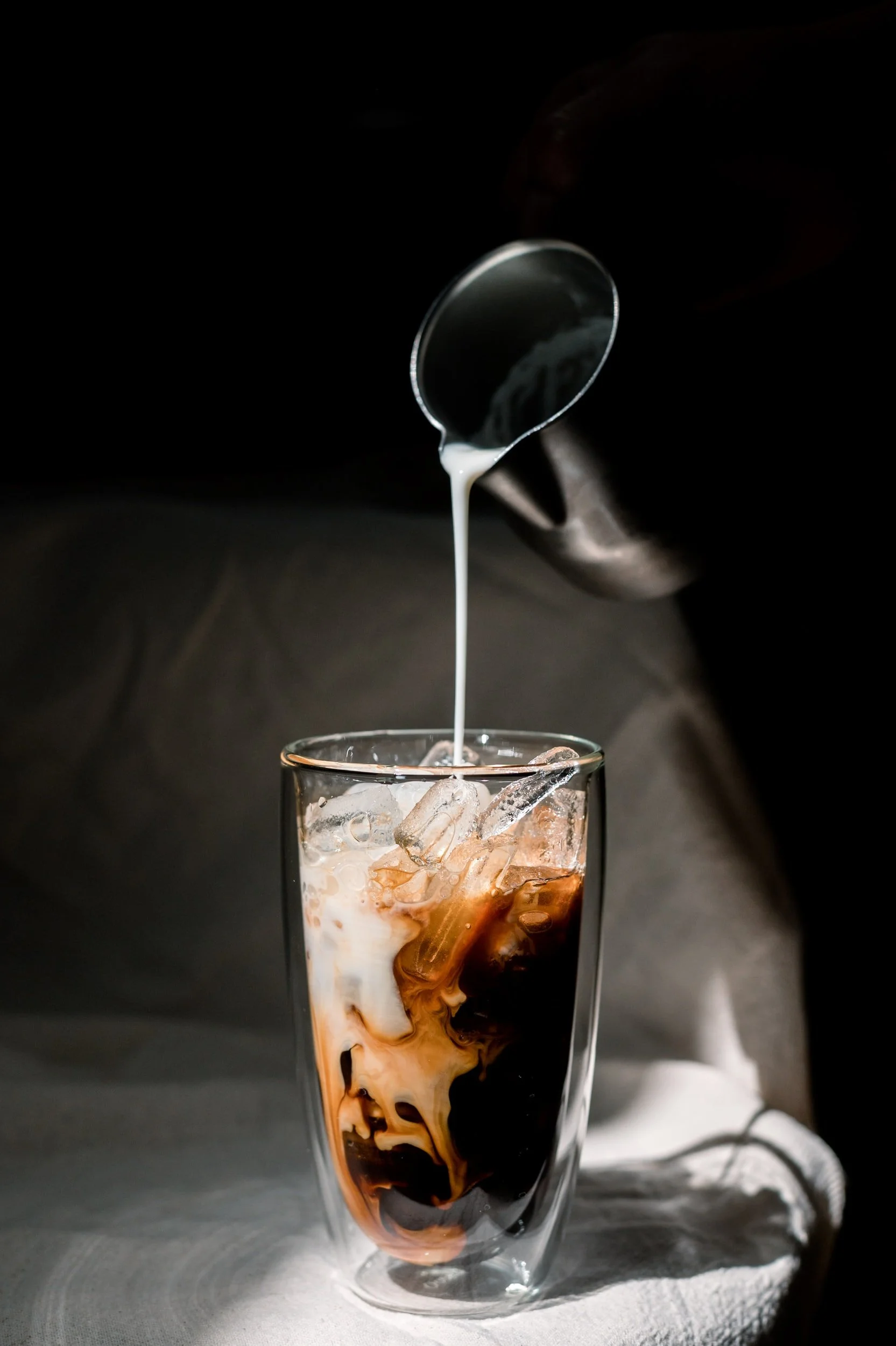
WINTER MENU 2022
cold brew
Hand-Crafted Flavors Featuring:
Laviosa (Vanilla | Lavender)
The Bouquet (Rose | Lavender)
Cafe De La Olla (Cinnamon | All-Spice | Piloncillo | Sautéed Mexican Chile)
Hazelnut (Hazelnut | Light Golden Milk Powder)
Rose
Vanilla
Classic Brew
COLD BREW
CONCOcTIONS
Beans from Mexico, Roasted in Claremont, California, and Brewed in the bunker of my lab:
The Cold Brew.
My approach to this batch was much more methodical than throwing in some beans into a cup and then launching that cup into the fridge and then catapulting that fridge to UPS and then having the delivery person slinging that brew directly at you.
Instead, I’ve experimented with Kooridashi Cold Brewing for this winter batch. Ice brewing, or ice steeping, is called Kooridashi (氷出し) in Japanese. When I think of cold brew I think about how long it takes to steep the coffee in the water and how impatient I’ve become.
Cold Brew typically steeps for 18-23 hours without any irritation, contact, or disruption. By practicing the Kooridashi brewing method I’ve had to relearn patience, discipline in not checking the brew, and just slow down for once in my chaotic life.
Anyways, about the method:
When most people make iced tea and Cold Brew, the process typically involves brewing as they normally would and simply adding ice or cooling in the refrigerator. This is a perfectly acceptable way to brew iced beverages. However, by steeping tea in hot water, a higher percentage of bitter tannins, catechins, and other compounds are extracted, which can result in a more astringent brew. These compounds extract at varying rates depending on temperature and time.
Caffeine is highly soluble in hot water, but not so in cold water. Caffeine adds bitterness to tea, especially when combined with a high amount of catechins.
Catechins are mainly responsible for astringency and also some bitterness (depending on the type of catechin) and they are also very soluble in hot water.
Amino acids in tea (especially L-theanine) are moderately soluble in cold water, and they add sweetness and umami.
When you steep with cold water (in this case ice cubes) over a longer period of time, the tea leaves and/or coffee grounds experience less of a shock. The resulting cup is smooth and nuanced, slightly sweet, low in bitterness, and best of all, ice-cold!
I’ve also partnered up with Third Wave Water which provides the perfect blend of supplements for my water so it’s as pure of a cup as your local cafe, or better (probably better).




